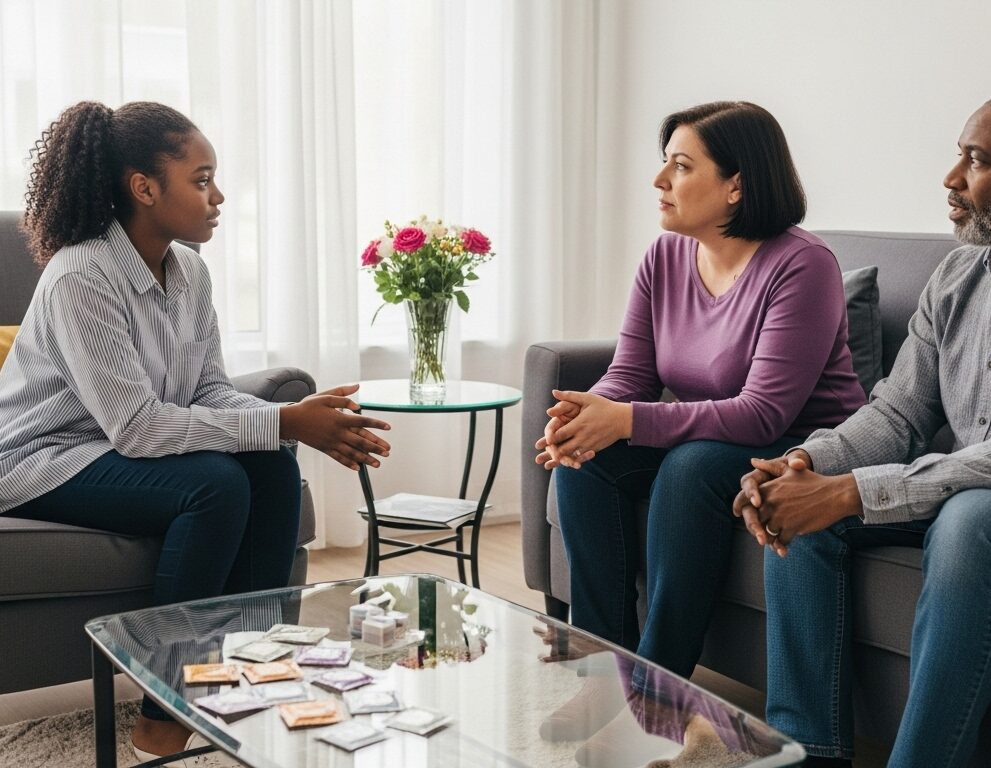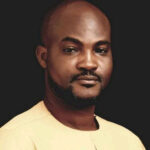
In many societies today, the conversation around adolescent development is often framed by concerns about education, health, and opportunity. Yet, beneath these discussions lies a silent crisis that continues to shape the lives of millions of young people: the absence of comprehensive sexual education. This gap in knowledge and guidance has profound consequences, and as Professor Ayodele Arowojolu of the University of Ibadan College of Medicine recently emphasized, it is a challenge that demands urgent attention.
Speaking at the seventh Aina Omololu-Mulele Endowment lecture, Professor Arowojolu made a compelling case for why governments, parents, and educators must take responsibility for equipping adolescents with accurate information.
His words capture the gravity of a situation that is not confined to Nigeria alone but resonates across much of Africa and beyond.
The professor’s observations highlight the dangerous role of misinformation in shaping adolescent behavior. In the absence of structured education, many young people turn to peers or social media for answers, often receiving distorted or harmful advice. This misinformation, he explained, “further exacerbates the situation,” leaving adolescents vulnerable to risky choices that can derail their futures. The consequences are not limited to reproductive health; they extend into mental health, academic performance, and long-term socioeconomic prospects.
One of the most striking points raised during the lecture was the link between substance use and risky sexual behavior. Arowojolu noted that substance abuse among adolescents contributes not only to poor academic performance but also to mental health challenges such as depression and anxiety.
This connection reveals how deeply intertwined issues of health, education, and social wellbeing are, and why a multi-sectoral approach is essential. As he put it, “a multi-sectoral approach involving policymakers, educators, parents, healthcare providers, and community leaders is necessary to address these challenges.”
“ Adolescents face numerous challenges, including the absence of sexual education and guidance, leading to rising cases of teenage pregnancy, unsafe abortions, drug abuse, sexual violence, and school dropouts ”
Professor Ayodele Arowojolu
The reluctance of parents and schools to provide proper education remains a major barrier. Cultural and religious sensitivities often fuel resistance to sex education, creating an environment where myths thrive. Arowojolu lamented that “widespread myths and the reluctance of parents and schools to provide proper education” perpetuate misinformation among young people. This reluctance is not unique to Nigeria; across much of Africa, debates around sex education are clouded by controversy, even as evidence shows that structured programs in Europe and parts of Asia have yielded positive outcomes.
The professor’s call for inclusion of sex education in school curricula is rooted in evidence. He pointed out that when adolescents are given accurate information at health facilities, “their uptake of family planning services improves significantly.” This demonstrates that knowledge is not merely theoretical—it translates into practical choices that can reduce teenage pregnancies, improve health outcomes, and empower young people to take control of their futures.
Beyond reproductive health, Arowojolu stressed the importance of education and vocational training as tools for adolescent development. He explained that schooling delays early marriage and first births, while also promoting gender equality. “When adolescents are not engaged in education or skills acquisition, they tend to indulge in risky sexual behaviour, early marriage, and multiple childbearing, all of which perpetuate poverty and limit future opportunities,” he said. This statement captures the cyclical nature of poverty and poor education, showing how one feeds into the other.
The lecture also served as a reminder of the broader societal responsibility to support adolescents. The Provost of the College of Medicine, Professor Ademola Oremosu, reflected on the legacy of the late Omololu-Mulele, in whose honor the lecture was held, describing him as “a philanthropist who impacted humanity.” His words remind us that addressing adolescent challenges is not merely a matter of policy but of compassion and commitment to future generations.
The event concluded with the presentation of a N3 million research grant to Dr. Godwin Oyewumi of Lagos University Teaching Hospital, a gesture that symbolizes the importance of investing in knowledge and solutions. Such initiatives are vital in bridging the gap between theory and practice, ensuring that research translates into real-world impact. The broader lesson from this lecture is clear: societies that fail

to provide adolescents with comprehensive sexual education risk perpetuating cycles of poverty, ill health, and inequality. The reluctance to confront cultural and religious sensitivities must give way to pragmatic solutions that prioritize the wellbeing of young people. As Arowojolu emphasized, “schooling delays early marriage, first births, and promotes gender equality.” These outcomes are not abstract ideals but tangible benefits that can transform communities.
In the end, the call for comprehensive sexual education is not simply about preventing teenage pregnancies or reducing unsafe abortions. It is about equipping young people with the tools to navigate life with confidence, resilience, and dignity. It is about ensuring that adolescents are not left to stumble in the dark, guided only by myths and misinformation. And it is about recognizing that the health and future of a nation are inseparable from the wellbeing of its youth.
The silent crisis of inadequate sexual education demands a loud and collective response. Governments must act, parents must engage, educators must teach, and communities must support. Only then can adolescents be empowered to make informed choices, break free from cycles of poverty, and step into adulthood with the promise of a brighter future.
Source: Expert calls for comprehensive sexual education to tackle health challenge



